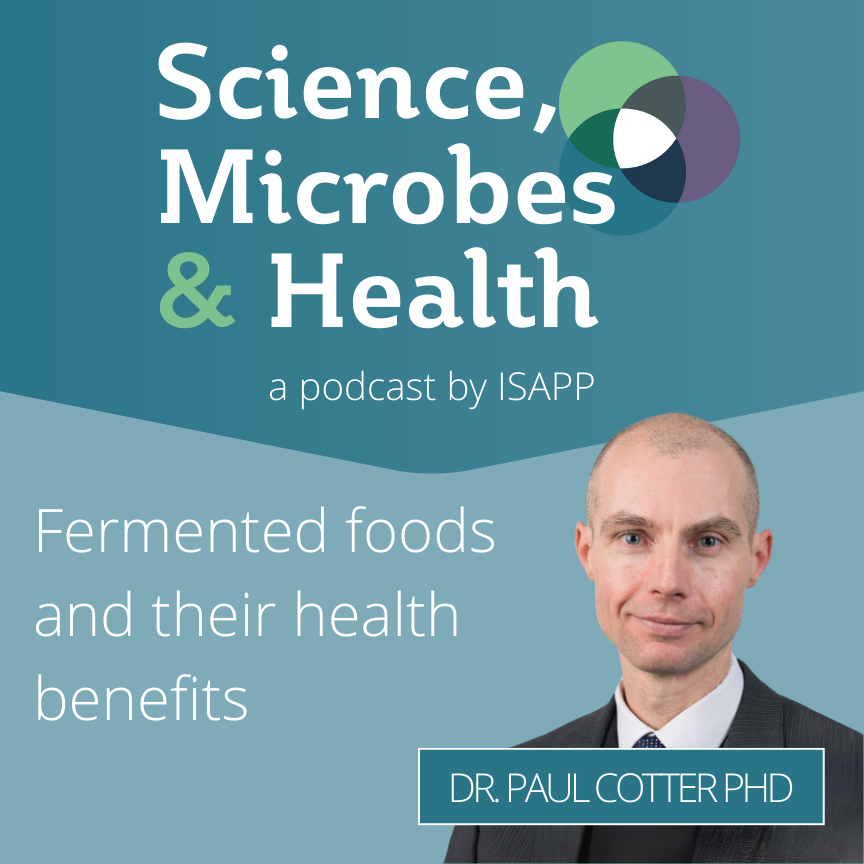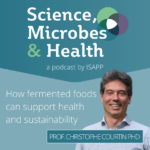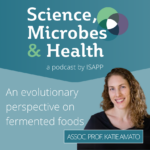Fermented foods and their health benefits, with Dr. Paul Cotter PhD
Podcast: Play in new window | Download
Subscribe: Apple Podcasts | Spotify | RSS
This episode features Dr. Paul Cotter PhD of TEAGASC in Ireland, talking about the creation of fermented foods and how they can lead to health benefits. A huge array of foods can be fermented, and historically fermentation was used to extend the shelf life of a food that people had an abundance of. Dr. Cotter’s work in the field originally started with a bacteria-killing bacteriocin that had been isolated from kefir, and later moved toward the microbes in fermented foods. Currently he’s interested in comparing the artisanal approach to fermented foods, which leads to somewhat unpredictable results in the final products, with the industrial approach, which leads to more consistent results. In different artisanal fermented foods, which strains are common and which are unique? Potentially some of the strains can be used to confer a health benefit, and even a benefit that’s personalized to an individual. Dr. Cotter sees the role of fermented foods as possibly targeting pre-disease rather than disease if their ability to confer health benefits can be unravelled further.
Episode abbreviations and links:
- Paper in Cell showing huge microbial diversity in foods: Unexplored microbial diversity from 2,500 food metagenomes and links with the human microbiome
- DOMINO research project website
Additional resources:
ISAPP infographic: Fermented foods
About Dr. Paul Cotter PhD:
Prof Paul Cotter is the Head of Food Biosciences at Teagasc (the Irish Agriculture and Food Development Authority), is a Principal Investigator with the large Irish Research Centres, APC Microbiome Ireland, VistaMilk and Food for Health Ireland and head of microbiology/co-founder of SeqBiome, a microbiome sequencing and bioinformatics service provider. He is a molecular microbiologist, with a particular focus on the microbiology of foods (especially fermented foods), the food systems and of humans, as well as probiotics and postbiotics. Prof Cotter is the author of >400 peer-reviewed, was included in the Clarivate list of highly cited researchers for 2018-2024, received an honorary doctorate from the University of Antwerp in 2024 and is the Field Chief Editor of Frontiers in Microbiology.







